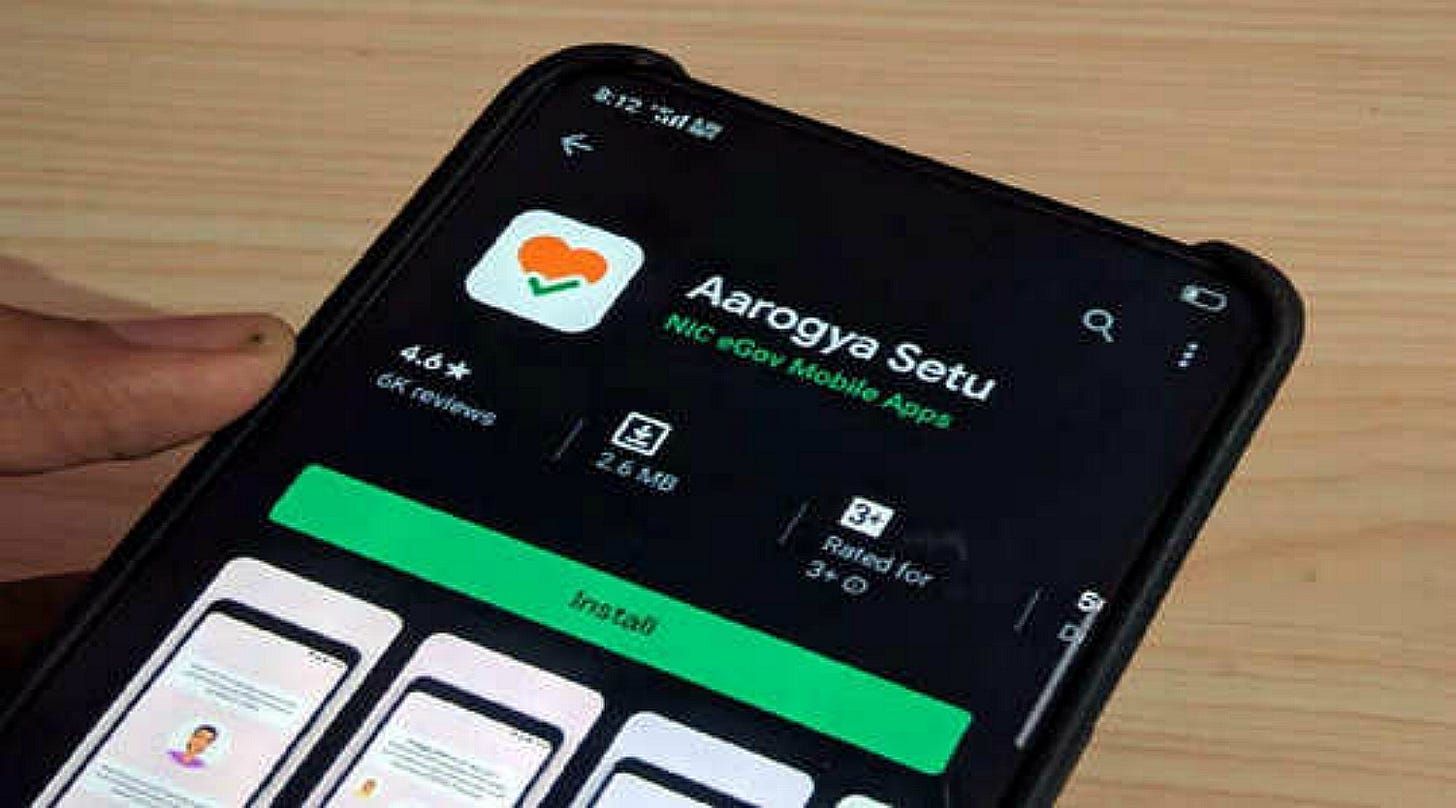India Covid-19 Tracking App Raises Red Flags
Concern is that governments could track more than just illness

By: Neeta Lal
A smartphone app launched by India’s Modi government to track potential Covid-19 victims has been met with suspicion by privacy-focused groups because of the possibility that data could be shared with a wide range of government agencies.
Fears over such coronavirus-tracking apps have been expressed in other countries including Singapore, wh…
Keep reading with a 7-day free trial
Subscribe to Asia Sentinel to keep reading this post and get 7 days of free access to the full post archives.
